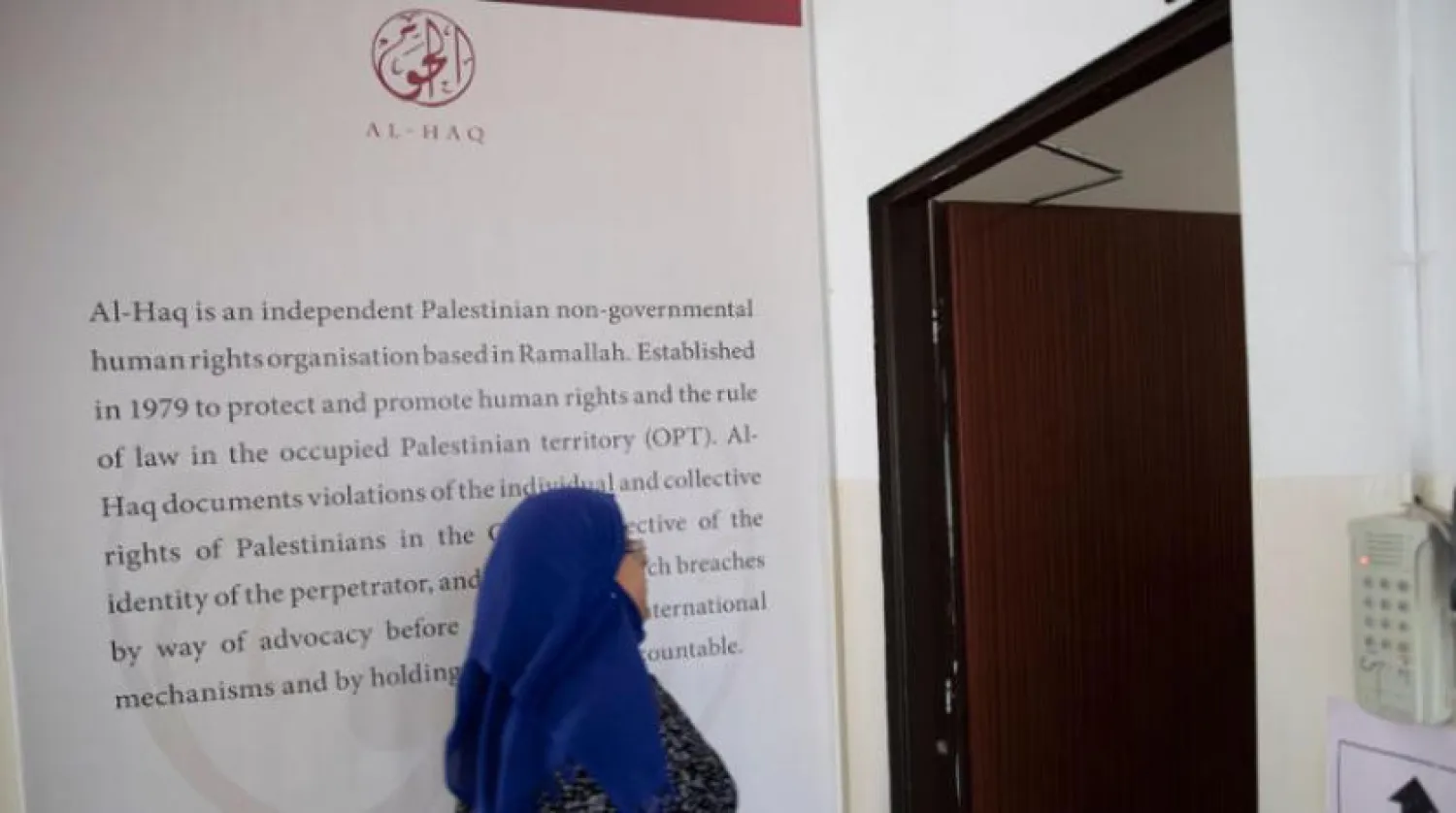Israel designated six Palestinian civil society groups as terrorist organizations, creating tensions with the US administration which demanded clarifications.
US State Department spokesman Ned Price said Washington would engage with its Israeli partners for more information regarding the basis for these designations.
“The Israeli Government did not give the US advance warning that they would be designated. Beyond that, we’d refer you to the Government of Israel for an explanation of their rationale for making these designations.”
Israeli Defense Minister Benny Gantz announced the designations on Friday.
A statement from the Defense Ministry said all six “constitute a network of organizations active undercover on the international front on behalf of the Popular Front for the Liberation of Palestine [PFLP], to support its activity and further its goals.”
Among the groups are al-Haq, Defense of Children International-Palestine (DCI-P), Addameer, the Bisan Center, the Union of Palestinian Women’s Committees, and the Union of Agricultural Work Committees.
The statement accused the groups of masquerading as civil society organizations when it said they were in fact controlled by the PFLP and employed many PFLP activists.
The groups amounted to fundraising entities for the PFLP, mainly through receiving donations from European countries and international organizations, it said.
Despite widespread Palestinian anger and international criticism after the designation, Israeli media was mainly concerned with the US position.
Maariv newspaper said that Washington’s position would deepen tensions with Israel, and Channel 12 reported that this might lead to the first public confrontation between Israel and the Biden administration.
Israeli media confirmed that the US administration demanded clarifications.
Congresswoman Betty McCollum condemned the move.
“It is anti-democratic and contrary to the values expected of a US ally. I urge the Biden administration to immediately call upon the Israeli government to reverse their decision and restore these organizations’ ability to continue their important work,” she said.
McCollum added she had worked with Defense for Children International – Palestine (DCIP) to protect the rights of Palestinian children who are imprisoned in Israeli military detention facilities.
“I trust and value DCIP’s work advancing human rights. I stand with Amnesty International in challenging this decision.”
Amnesty International had issued a statement in which it considered the Israeli decision a “brazen attack on human rights.”
“This appalling and unjust decision is an attack by the Israeli government on the international human rights movement.”
The Palestinian Authority strongly rejected the Israeli move and its justifications.
Prime Minister Mohammad Shtayyeh called on the international community and human rights organizations to condemn the decision.
The Palestinian Foreign Ministry condemned the “attack by the Israeli occupation authorities against Palestinian civil society and institutions.”
It warned that the announced international positions do not meet the level of Israel’s atrocities against civil society organizations.
The ministry stressed the need for the international community to take real action against the Israeli occupation, saying statements of concern are not enough.









